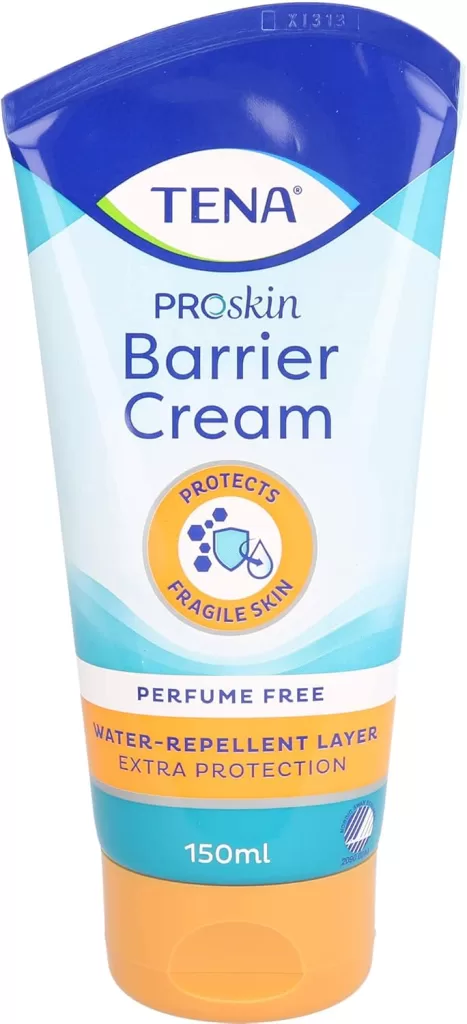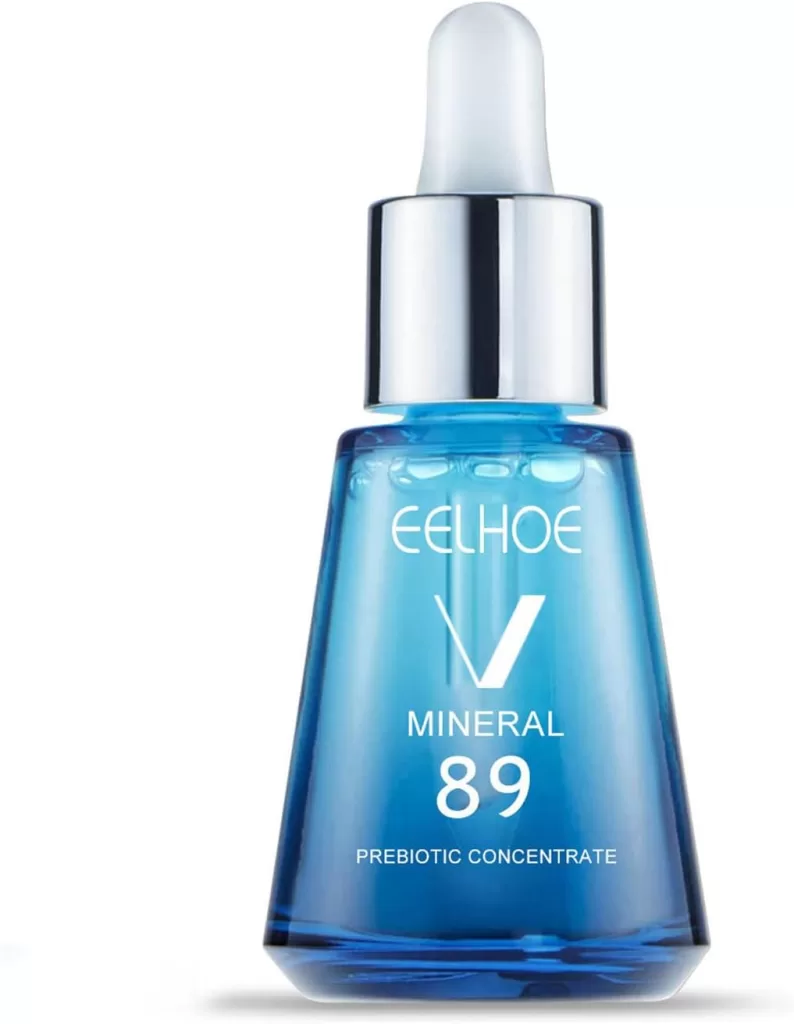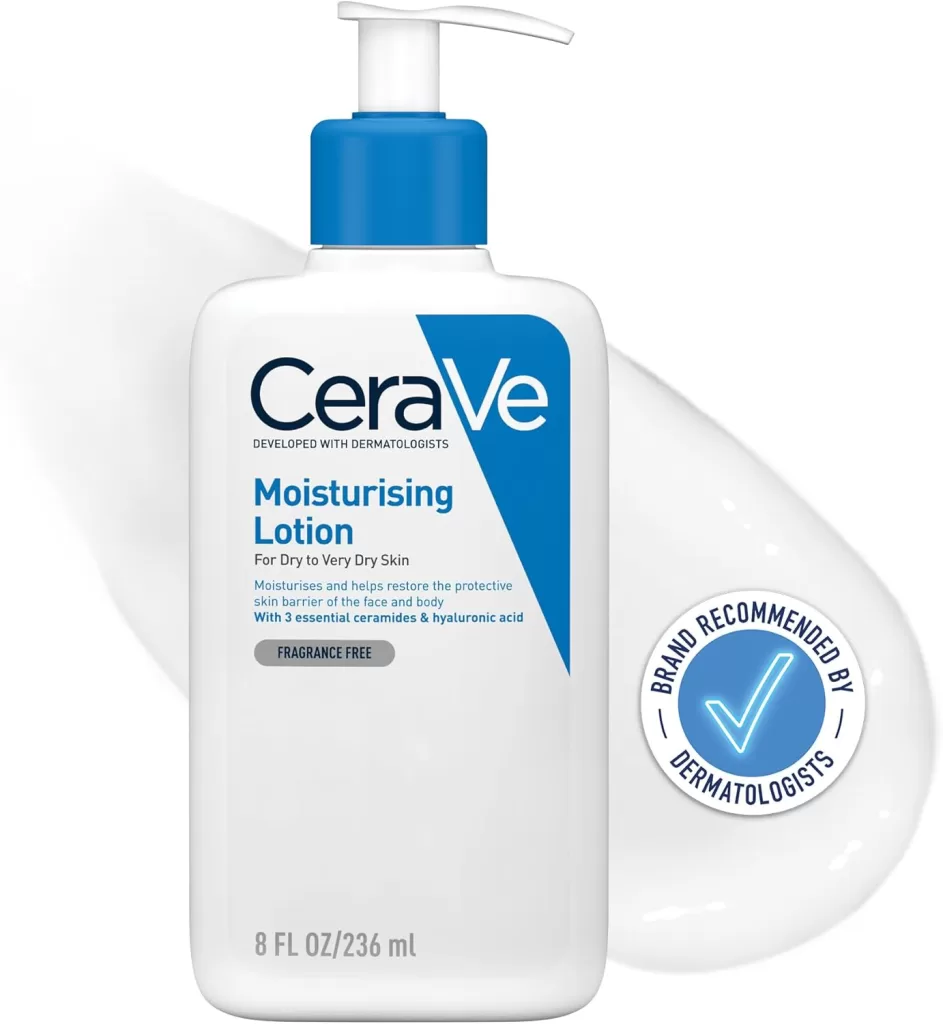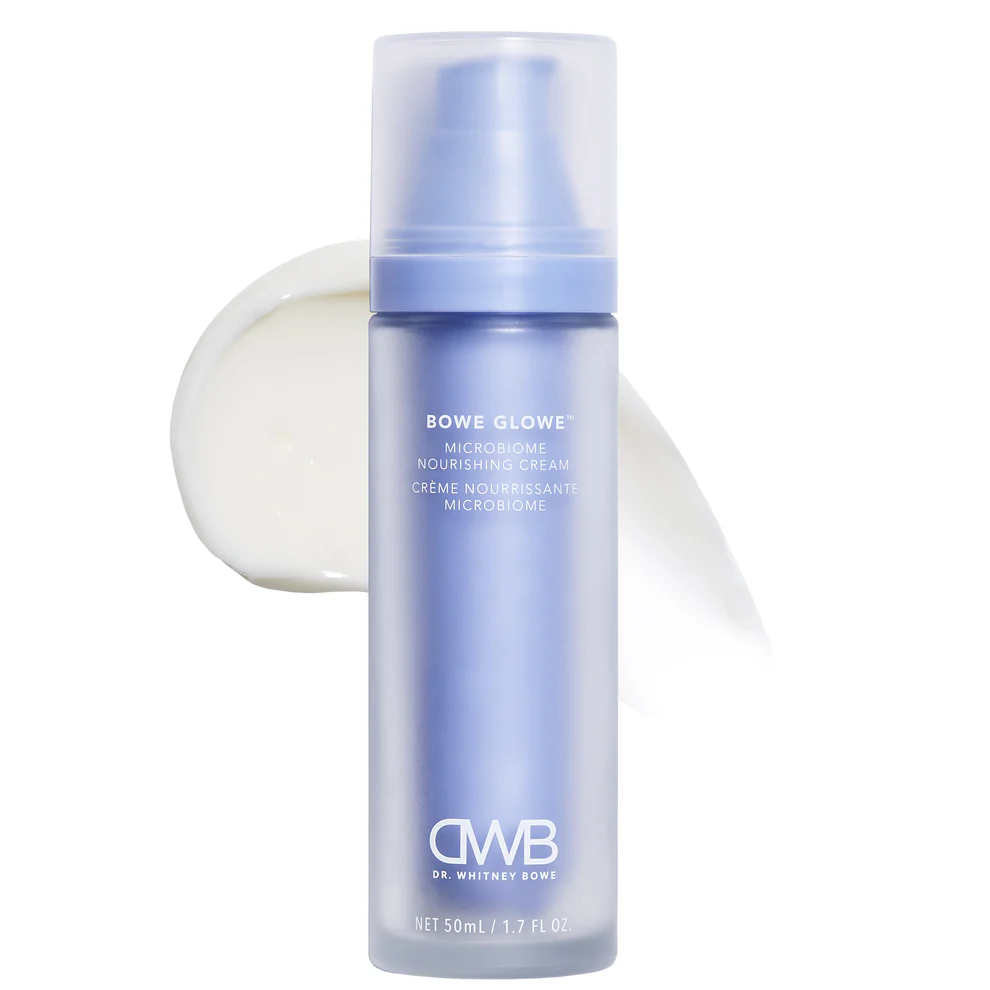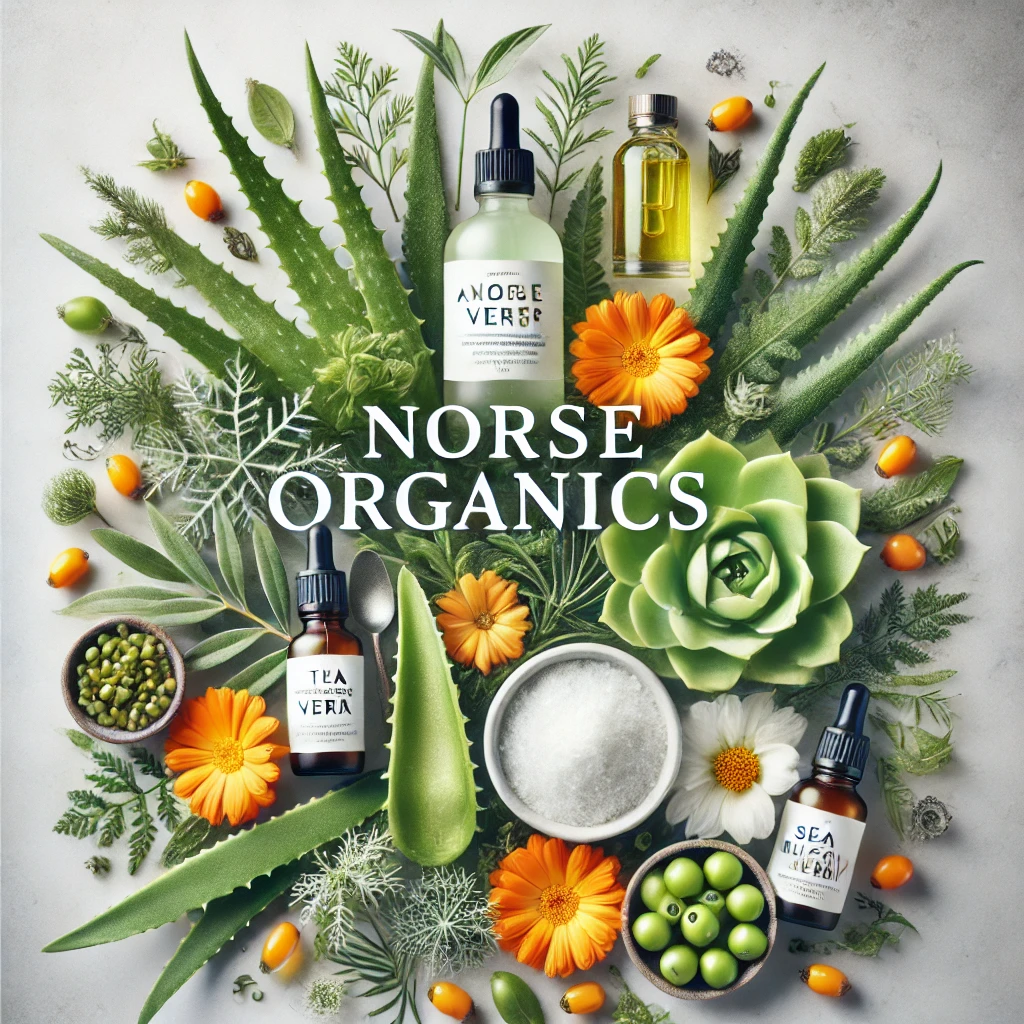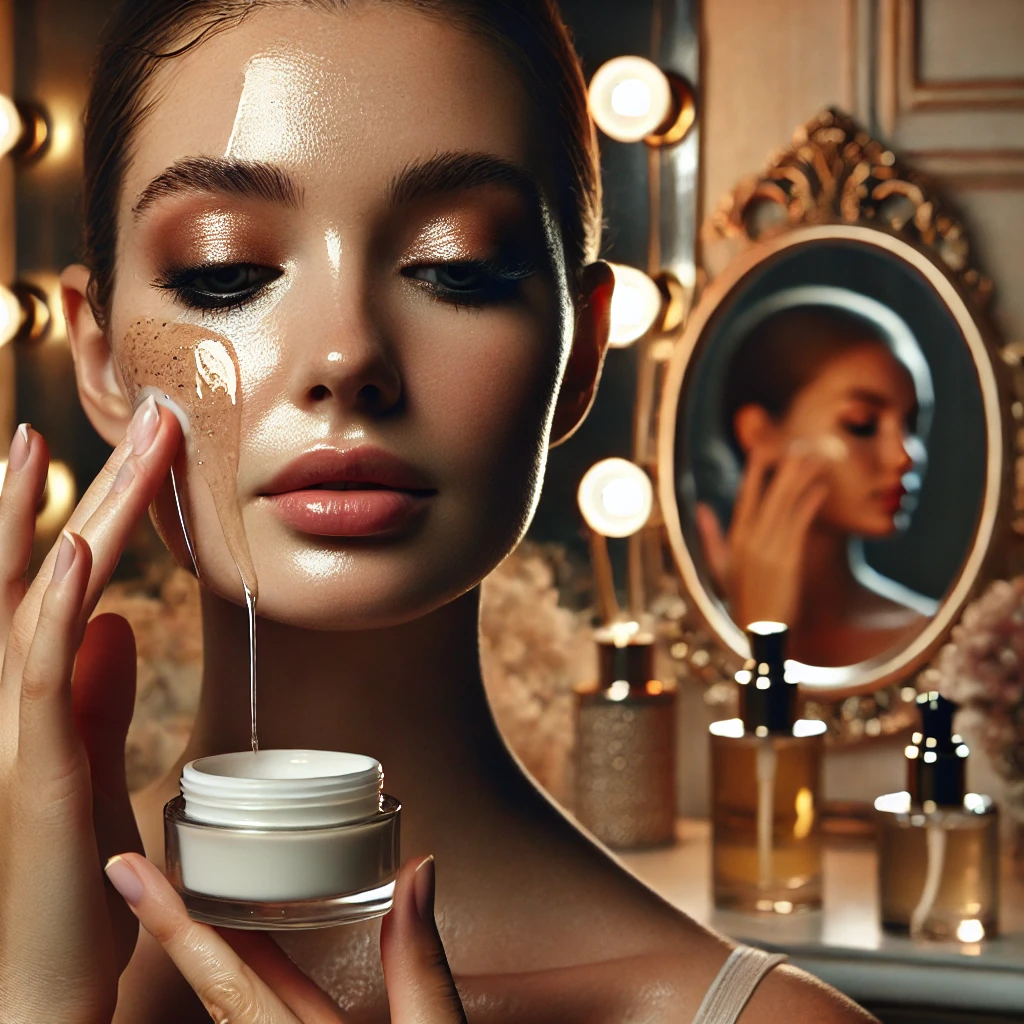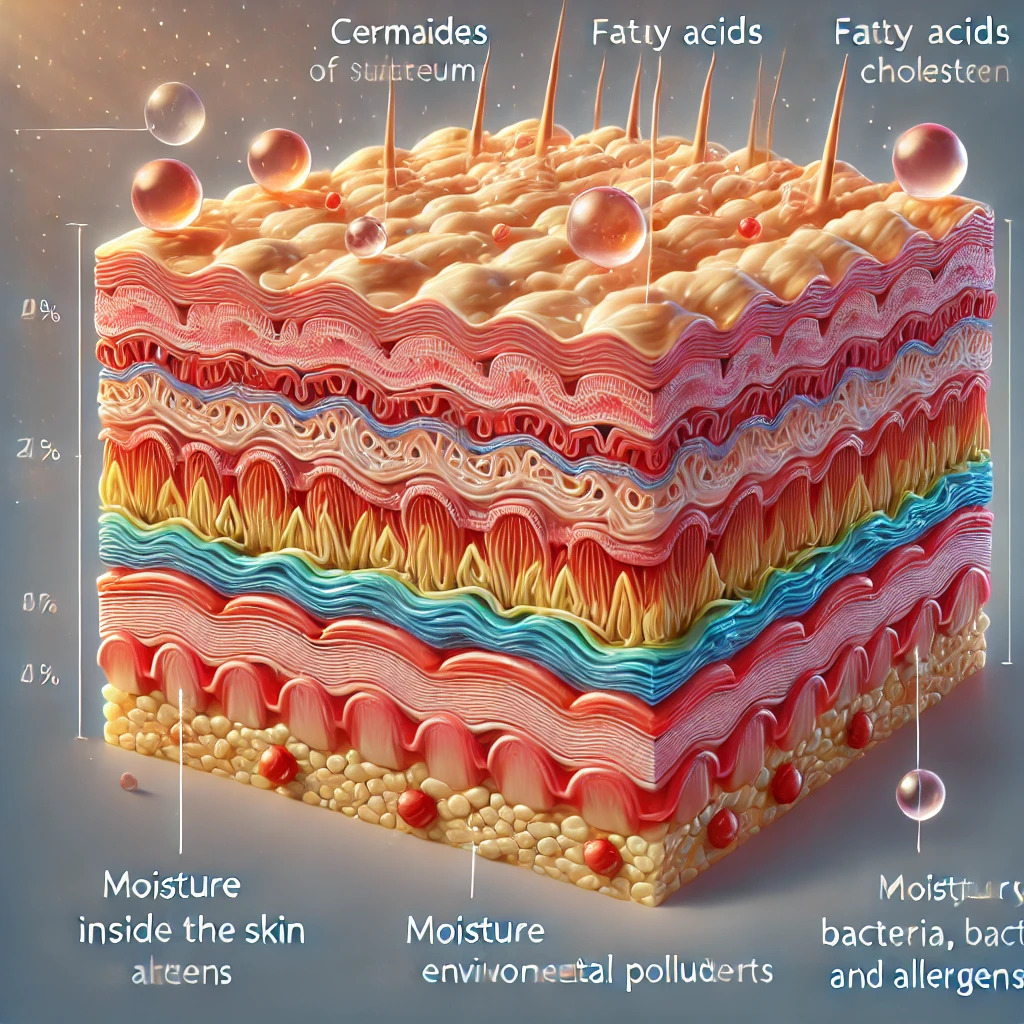Understanding Your Skin Barrier: Why It Matters
Understanding Your Skin Barrier: In the grand tapestry of human existence, the skin stands as the most visible and, perhaps, the most misunderstood organ. It is the sentinel that guards the fortress of our body, the parchment upon which the story of our health is writ. Yet, how often do we pause to consider the intricate workings of this remarkable barrier? How frequently do we reflect upon its role in our well-being? In this treatise, we shall embark upon a journey to unravel the mysteries of the skin barrier, to comprehend its significance, and to learn why it demands our utmost care and attention.
What Exactly Is the Skin Barrier?
In simple terms, the skin barrier is the outermost layer of your skin. It plays a crucial role in retaining moisture while shielding against environmental aggressors like allergens, irritants, and pollutants that could trigger inflammation. According to Dr. Whitney Bowe, a board-certified dermatologist, “A healthy skin barrier relies on four key components: lipids (including ceramides, fatty acids, and cholesterol), the acid mantle that maintains the skin’s pH balance, the microbiome composed mainly of beneficial bacteria, and immune cells that help defend against external threats.
The Skin Barrier: Nature’s Impeccable Design
The skin barrier, often referred to as the stratum corneum, is the outermost layer of the epidermis. It is a marvel of nature’s engineering, a delicate yet resilient structure composed of corneocytes—dead skin cells—embedded in a lipid matrix. This lipid matrix, rich in ceramides, cholesterol, and fatty acids, forms a protective shield against the external world. It is the bulwark that defends us from the ravages of environmental aggressors: the harsh winds, the scorching sun, the insidious microbes, and the myriad pollutants that assail us daily.
Imagine the skin barrier as a brick wall
To better understand this intricate structure, imagine the skin barrier as a brick wall. The corneocytes, or dead skin cells, act as the bricks, while the lipid matrix—composed of ceramides, cholesterol, and fatty acids—serves as the mortar that holds these bricks together. This “brick-and-mortar” model is not merely a static barrier; it is a dynamic, ever-changing structure that responds to both internal and external stimuli.
- Ceramides: These waxy lipid molecules are the most abundant in the skin barrier, making up about 50% of its composition. Ceramides are essential for maintaining hydration, as they form a hydrophobic (water-repelling) layer that prevents water loss and locks in moisture. Without sufficient ceramides, the skin becomes dry, flaky, and prone to irritation.
- Cholesterol: This lipid plays a crucial role in maintaining the fluidity and stability of the skin barrier. It ensures that the lipid matrix remains flexible, allowing the skin to stretch and move without cracking or breaking.
- Fatty Acids: These lipids contribute to the barrier’s structural integrity and help maintain its pH balance. They also act as building blocks for the synthesis of ceramides and other essential lipids.
Together, these components create a robust yet flexible barrier that protects the body from external threats while retaining essential moisture. When this barrier is intact, the skin appears smooth, hydrated, and radiant. However, when it is compromised, the consequences can be severe, leading to dryness, irritation, and increased susceptibility to infections.
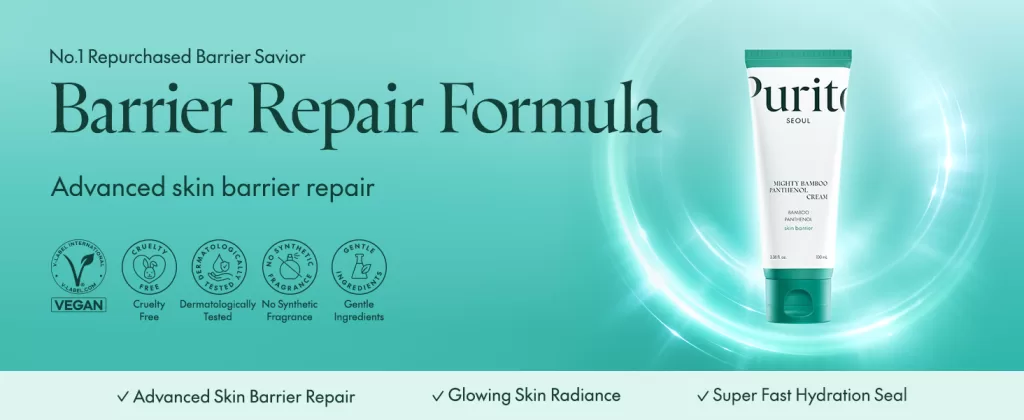
Why Should You Care About Your Skin Barrier?
To neglect the skin barrier is to court disaster, for its integrity is paramount to our health and well-being. When the skin barrier is compromised, it becomes permeable, allowing harmful substances to penetrate and wreak havoc within. This can lead to a host of afflictions: dryness, irritation, inflammation, and even systemic infections. Moreover, a damaged skin barrier can exacerbate existing conditions such as eczema, psoriasis, and acne.
But the consequences of a compromised skin barrier extend beyond the physical. The skin is a mirror of our inner state, and its appearance can profoundly affect our self-esteem and social interactions. A healthy skin barrier confers a radiant, youthful complexion, while a damaged one can lead to a dull, lifeless appearance. Thus, caring for the skin barrier is not merely a matter of health; it is a matter of dignity and self-respect.
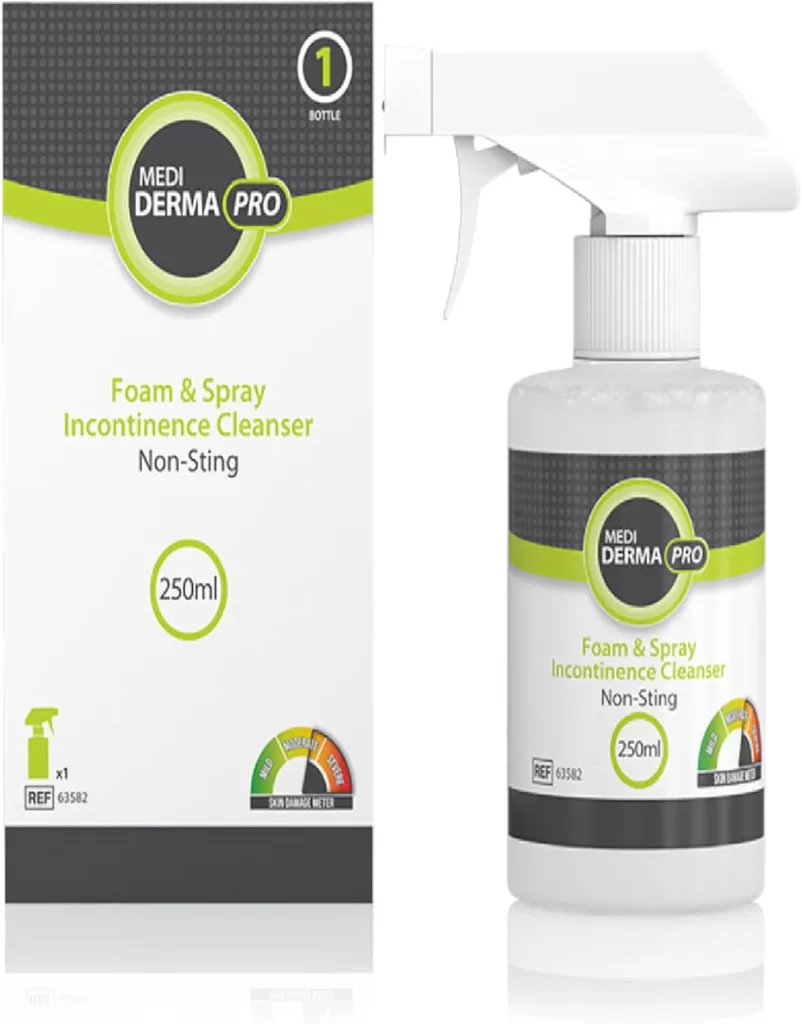
Medi Derma-Pro Skin Protectant Ointment & Foam. Long Lasting Protection Spray Incontinence Cleanser 250ml
The Impact of Lifestyle Factors
While topical skincare plays a crucial role in maintaining the skin barrier, it is but one piece of the puzzle. The health of your skin is deeply intertwined with your overall well-being, and certain lifestyle factors can either fortify or weaken its natural defenses. Let us explore these influences in greater detail.
1. Diet: You Are What You Eat
The adage “you are what you eat” holds particular truth when it comes to the skin barrier. A balanced diet rich in essential nutrients can support the skin’s natural repair processes and enhance its resilience.
- Omega-3 Fatty Acids: Found in fatty fish, flaxseeds, and walnuts, omega-3s help maintain the skin’s lipid barrier, reducing inflammation and improving hydration.
- Antioxidants: Vitamins C and E, found in fruits, vegetables, and nuts, protect the skin from oxidative stress caused by free radicals.
- Zinc: This mineral, found in shellfish, legumes, and seeds, supports wound healing and reduces inflammation, making it essential for barrier repair.
- Water: Adequate hydration is crucial for maintaining the skin’s moisture levels and supporting its natural functions.
2. Sleep: The Body’s Repair Mode
Sleep is the body’s time to repair and regenerate, and the skin is no exception. During deep sleep, the body increases blood flow to the skin, delivering oxygen and nutrients that support barrier repair and cell turnover.
- Lack of Sleep: Chronic sleep deprivation can impair the skin’s ability to repair itself, leading to a weakened barrier, increased water loss, and a dull complexion.
- Tips for Better Sleep: Aim for 7–9 hours of quality sleep per night. Establish a calming bedtime routine, avoid screens before bed, and create a cool, dark sleeping environment.
3. Stress: The Silent Saboteur
The mind and skin are intimately connected, and stress can take a significant toll on the skin barrier. When the body is under stress, it releases cortisol, a hormone that can disrupt the skin’s natural balance.
- Cortisol’s Effects: Elevated cortisol levels can reduce the skin’s production of lipids, impair its ability to retain moisture, and increase inflammation.
- Stress Management: Incorporate stress-reducing practices into your daily routine, such as meditation, yoga, deep breathing exercises, or spending time in nature.
4. Exercise: A Double-Edged Sword
Regular exercise promotes healthy circulation, which delivers oxygen and nutrients to the skin. However, excessive sweating and friction can also irritate the skin and disrupt the barrier.
- Benefits: Exercise reduces stress and inflammation, both of which can improve skin health.
- Precautions: Shower promptly after exercising to remove sweat and bacteria, and wear breathable, moisture-wicking fabrics to minimize irritation.
5. Smoking and Alcohol: Enemies of the Skin
Both smoking and excessive alcohol consumption can wreak havoc on the skin barrier.
- Smoking: Reduces blood flow to the skin, depletes its oxygen supply, and accelerates the breakdown of collagen and elastin.
- Alcohol: Dehydrates the skin and impairs its ability to retain moisture, leading to dryness and a weakened barrier.
6. Environmental Awareness
Your surroundings can also impact your skin barrier. Extreme temperatures, low humidity, and pollution can all take their toll.
- Cold Weather: Low humidity and harsh winds can strip the skin of its natural oils, leading to dryness and irritation.
- Pollution: Airborne pollutants can generate free radicals, causing oxidative stress and weakening the barrier.
- Protective Measures: Use a humidifier in dry environments, wear protective clothing in extreme weather, and incorporate antioxidants into your skincare routine to combat pollution.
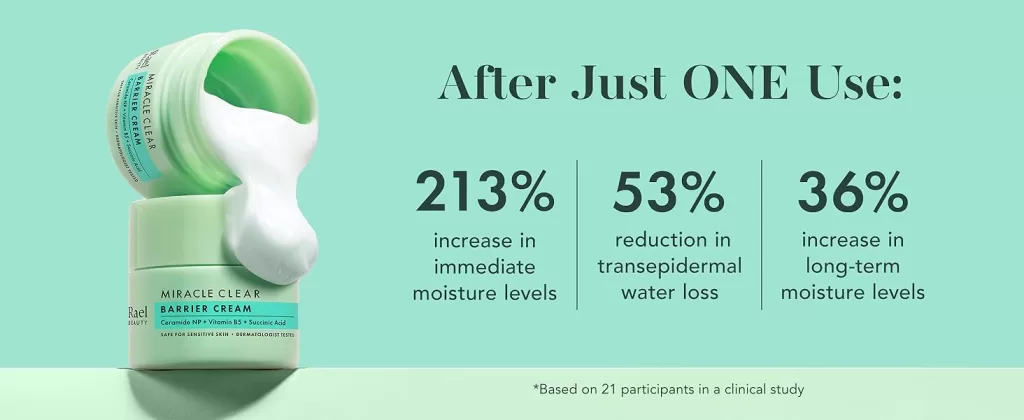
Prevention Tips
Prevention, as the wise adage goes, is better than cure. When it comes to the skin barrier, this principle holds especially true. By adopting a few simple habits, you can safeguard your skin from damage and maintain its natural resilience. Here are some practical tips to help you protect your skin barrier:
1. Use a Gentle Cleanser
- Why It Matters: Harsh cleansers can strip the skin of its natural oils, disrupting the lipid matrix and weakening the barrier.
- What to Do: Choose a pH-balanced, sulfate-free cleanser that cleans without over-drying. Avoid scrubbing too vigorously, and opt for lukewarm water instead of hot.
2. Moisturize Daily
- Why It Matters: A well-hydrated skin barrier is better equipped to defend against environmental aggressors.
- What to Do: Apply a moisturizer rich in ceramides, fatty acids, and humectants (like hyaluronic acid) immediately after cleansing to lock in moisture.
3. Wear Sunscreen Every Day
- Why It Matters: UV radiation is one of the most significant threats to the skin barrier, causing oxidative stress and accelerating aging.
- What to Do: Use a broad-spectrum sunscreen with at least SPF 30, even on cloudy days. Reapply every two hours when outdoors.
4. Avoid Over-Exfoliation
- Why It Matters: Excessive exfoliation can damage the skin barrier by removing too many protective cells and disrupting the lipid matrix.
- What to Do: Limit exfoliation to 1–2 times per week, and choose gentle chemical exfoliants (like AHAs or BHAs) over harsh physical scrubs.
5. Protect Against Environmental Stressors
- Why It Matters: Pollution, wind, and extreme temperatures can weaken the skin barrier over time.
- What to Do: Wear protective clothing, use a humidifier in dry environments, and incorporate antioxidants (like vitamin C) into your skincare routine to neutralize free radicals.
6. Stay Hydrated
- Why It Matters: Hydration is essential for maintaining the skin’s elasticity and supporting its natural repair processes.
- What to Do: Drink plenty of water throughout the day, and consider using a hydrating serum or mist to boost moisture levels.
7. Manage Stress
- Why It Matters: Chronic stress can impair the skin’s ability to repair itself, leading to a weakened barrier.
- What to Do: Practice stress-reducing techniques like meditation, yoga, or deep breathing exercises. Prioritize self-care and make time for activities that bring you joy.
8. Avoid Smoking and Limit Alcohol
- Why It Matters: Smoking and excessive alcohol consumption can dehydrate the skin and impair its natural functions.
- What to Do: Quit smoking and limit alcohol intake to support overall skin health.
9. Choose Barrier-Friendly Products
- Why It Matters: Skincare products with harsh ingredients can disrupt the skin’s pH and damage the barrier.
- What to Do: Look for products labeled “fragrance-free,” “non-comedogenic,” and “hypoallergenic.” Avoid drying alcohols and synthetic fragrances.
10. Listen to Your Skin
- Why It Matters: Your skin’s needs can change with the seasons, your age, and your environment.
- What to Do: Pay attention to how your skin reacts to different products and routines. Adjust your skincare regimen as needed to address dryness, sensitivity, or other concerns.
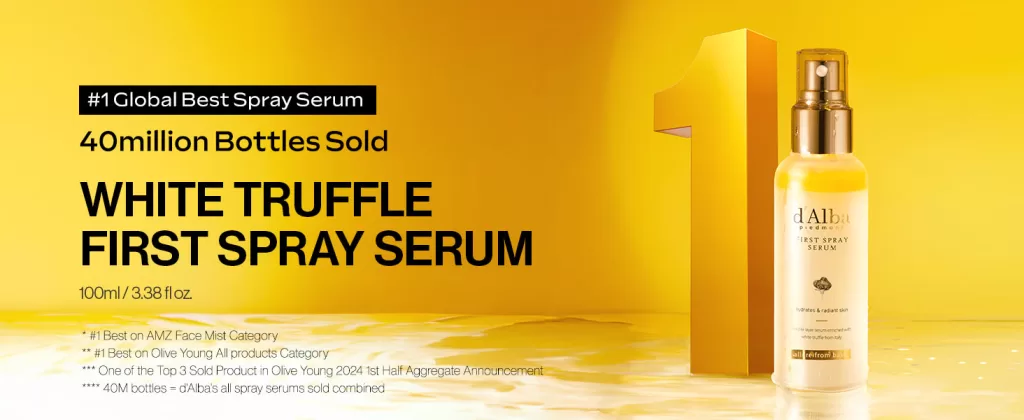
The Science of the Skin Barrier: A Closer Look
To truly appreciate the importance of the skin barrier, one must delve into the science that underpins its function. The stratum corneum is often likened to a brick wall, with the corneocytes representing the bricks and the lipid matrix serving as the mortar. This analogy, while useful, fails to capture the complexity of this structure. The lipid matrix is not a static entity; it is a dynamic, ever-changing mosaic that responds to internal and external stimuli.
Ceramides, the most abundant lipids in the skin barrier, play a crucial role in maintaining its integrity. They form a hydrophobic barrier that prevents water loss and repels external aggressors. Cholesterol, another key component, contributes to the fluidity and stability of the lipid matrix. Fatty acids, meanwhile, provide the building blocks for the synthesis of ceramides and other lipids.
The skin barrier is also home to a diverse microbiome, a community of microorganisms that coexist with our skin cells. These microbes play a vital role in protecting against pathogenic invaders and modulating the immune response. Thus, the skin barrier is not merely a physical barrier; it is a living, breathing ecosystem that requires careful stewardship.
The Role of the Microbiome
The skin is not merely a passive barrier; it is a living, breathing ecosystem teeming with microorganisms. This community of bacteria, fungi, and viruses, collectively known as the skin microbiome, plays a vital role in maintaining the health and integrity of the skin barrier. Here’s how:
- Protection Against Pathogens: The beneficial microbes that inhabit the skin form a protective shield, outcompeting harmful pathogens for resources and space. This helps prevent infections and reduces the risk of inflammation.
- Immune System Modulation: The microbiome communicates with the skin’s immune system, helping to regulate its response to threats. A healthy microbiome can prevent overreactions to harmless stimuli, reducing the likelihood of conditions like eczema and psoriasis.
- Barrier Support: Certain microbes produce antimicrobial peptides and fatty acids that strengthen the skin barrier and maintain its acidic pH. These byproducts also help keep the lipid matrix intact, ensuring that the barrier remains functional.
How the Microbiome Interacts with the Skin Barrier
The relationship between the microbiome and the skin barrier is symbiotic. The barrier provides a habitat for the microbiome, while the microbiome, in turn, supports the barrier’s function. For example:
- Lipid Production: Some microbes assist in breaking down sebum (the skin’s natural oil) into free fatty acids, which contribute to the lipid matrix and help maintain the barrier’s integrity.
- pH Regulation: The microbiome helps keep the skin’s pH slightly acidic, which is essential for enzyme activity and barrier repair.
What Disrupts the Microbiome?
Just as the skin barrier can be compromised, so too can the microbiome. Common disruptors include:
- Harsh Cleansers: Antibacterial soaps and cleansers can strip away beneficial microbes, leaving the skin vulnerable to harmful bacteria.
- Over-Exfoliation: Excessive exfoliation can damage the microbiome by removing the top layer of skin cells where many microbes reside.
- Antibiotics: Both topical and oral antibiotics can kill beneficial bacteria, disrupting the microbiome’s balance.
- Environmental Factors: Pollution, UV radiation, and extreme weather conditions can alter the microbiome’s composition, leading to imbalances.
Signs of a Disrupted Microbiome
When the microbiome is out of balance, the skin barrier often suffers. Signs of a disrupted microbiome include:
- Increased Sensitivity: The skin may become more reactive to products and environmental triggers.
- Inflammation: Redness, itching, and irritation are common symptoms of an imbalanced microbiome.
- Infections: A weakened microbiome is less able to defend against harmful pathogens, increasing the risk of infections like acne and folliculitis.
How to Support a Healthy Microbiome
To maintain a healthy microbiome and, by extension, a strong skin barrier, consider the following tips:
- Use Gentle Cleansers: Opt for pH-balanced, microbiome-friendly cleansers that clean without stripping the skin.
- Incorporate Prebiotics and Probiotics: Prebiotics (which feed beneficial bacteria) and probiotics (which introduce beneficial bacteria) can help restore and maintain a healthy microbiome. Look for skincare products containing ingredients like lactobacillus ferment or inulin.
- Avoid Over-Exfoliation: Limit exfoliation to 1–2 times per week and choose gentle methods, such as enzyme-based exfoliants.
- Protect Against Environmental Aggressors: Wear sunscreen, avoid pollution-heavy areas, and use antioxidants like vitamin C to neutralize free radicals.
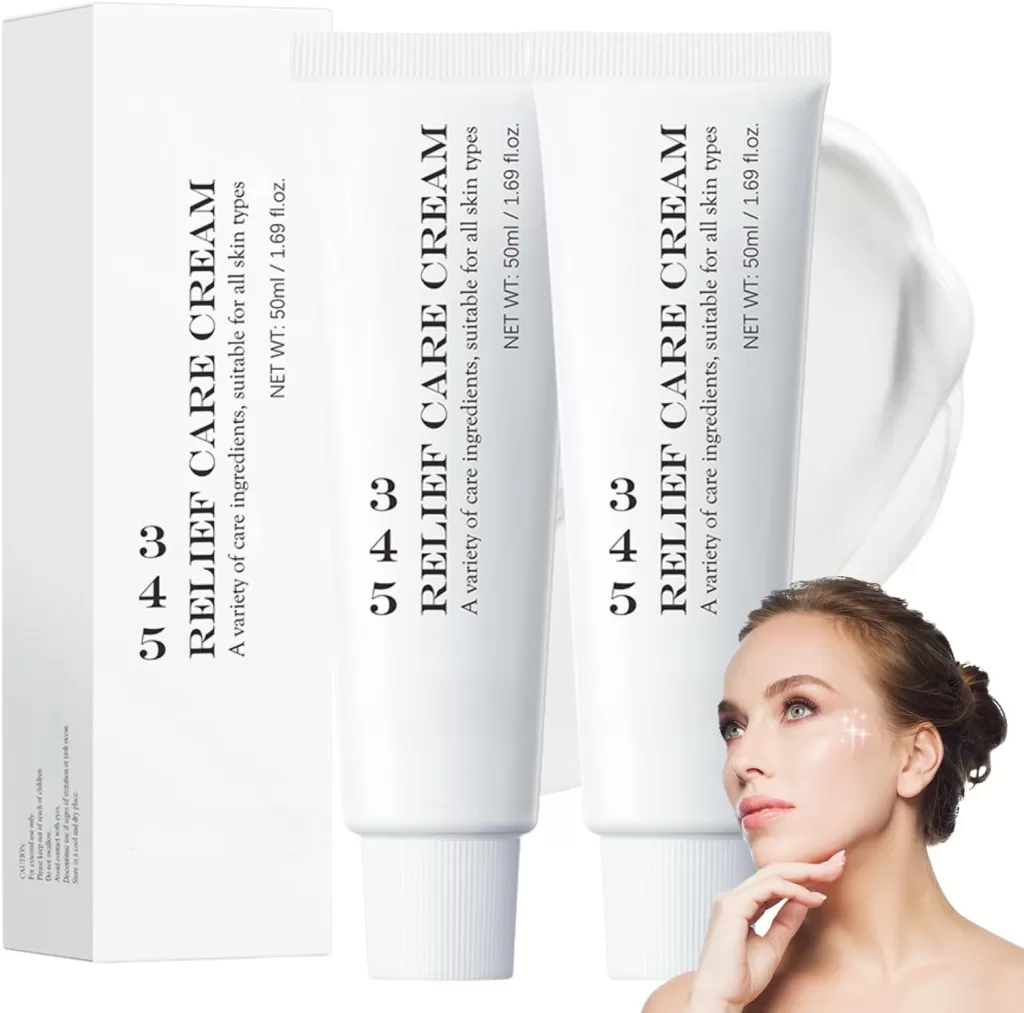
345 Barrier Repair Face Cream – 345 Relief Cream – Face Moisturizer for Soothing – Releif Moisturiser for Acne & Repair Damage Skin – Face Cream for Dry…
The Enemies of the Skin Barrier: What Compromises Its Integrity?
The skin barrier, though resilient, is not invincible. It is assailed by a multitude of foes, both external and internal. Among the most pernicious are:
- Sun Exposure: The sun’s ultraviolet rays can strip the skin of its natural oils, leading to dehydration and damage.
- Environmental Allergens and Pollution: Pollutants and allergens can penetrate a compromised barrier, causing irritation and inflammation.
- Harsh Skincare Products: Soaps and cleansers that strip away natural moisture and oils can erode the lipid matrix.
- Alkaline Products: Products that disrupt the skin’s pH balance can weaken the barrier, making it more susceptible to damage.
- Dry Air or Low Humidity: Lack of moisture in the air can lead to dehydration of the skin.
- Aging: As we age, the skin’s ability to produce essential lipids diminishes, leading to a weaker barrier.
- Psychological Stress: Stress can impair the skin’s ability to repair itself, leading to a compromised barrier.
- Skin Conditions: Conditions like eczema, psoriasis, and atopic dermatitis can inherently weaken the skin barrier.
The Role of pH in Skin Barrier Health
The skin’s natural pH is a vital yet often overlooked aspect of its barrier function. Healthy skin maintains a slightly acidic pH, typically ranging from 4.5 to 5.5. This acidity is not arbitrary; it is essential for the proper functioning of the skin barrier. Here’s why:
- Enzyme Activity: The skin’s acidic environment supports the activity of enzymes involved in lipid synthesis and barrier repair. These enzymes, such as beta-glucocerebrosidase and acid sphingomyelinase, are responsible for breaking down lipids into ceramides, which are crucial for maintaining the barrier’s integrity. An alkaline pH can inhibit these enzymes, disrupting the skin’s ability to repair itself.
- Microbiome Balance: The skin’s microbiome, the community of beneficial bacteria that reside on its surface, thrives in an acidic environment. These microbes play a key role in protecting against harmful pathogens and modulating the immune response. When the skin’s pH rises, harmful bacteria can proliferate, leading to inflammation and infections.
- Barrier Function: An acidic pH helps maintain the skin’s lipid matrix, ensuring that it remains intact and functional. When the pH becomes too alkaline, the lipid matrix can break down, leading to increased water loss and a weakened barrier.
How Alkaline Products Disrupt the Skin Barrier
Many skincare products, particularly traditional soaps and cleansers, have a high pH (often 9–10). While these products may effectively remove dirt and oil, they can also strip the skin of its natural acidity, disrupting the barrier and leaving it vulnerable to damage. Over time, the use of alkaline products can lead to:
- Dryness and Dehydration: The loss of acidity impairs the skin’s ability to retain moisture, leading to dryness and flakiness.
- Increased Sensitivity: A disrupted pH balance can make the skin more reactive to irritants, causing redness and irritation.
- Barrier Damage: Without the proper pH, the skin’s lipid matrix cannot function effectively, leading to a compromised barrier.
How to Maintain the Skin’s Natural pH
To protect your skin barrier, it’s essential to use products that respect its natural pH. Here are some tips:
- Choose pH-Balanced Cleansers: Look for cleansers with a pH close to that of healthy skin (4.5–5.5). Many modern cleansers are formulated to be pH-balanced, making them gentler on the skin.
- Avoid Harsh Soaps: Traditional bar soaps are often highly alkaline and can disrupt the skin’s pH. Opt for syndet bars (synthetic detergent bars) or liquid cleansers designed for sensitive skin.
- Incorporate Acidic Ingredients: Ingredients like lactic acid, glycolic acid, and niacinamide can help maintain the skin’s acidity and support barrier function.
- Test Your Products: If you’re unsure about a product’s pH, you can use pH test strips to check. This is especially useful for toners and exfoliants, which can vary widely in pH.
What Causes a Weak Skin Barrier?
In the delicate balance of nature, the skin barrier stands as a sentinel, a guardian of our corporeal temple. It is a marvel of biological ingenuity, maintaining a harmonious symbiosis that ensures the complexion remains clear, smooth, and radiant. Yet, like all things of this earth, it is not impervious to the ravages of time and circumstance. There are forces, both within and without, that can assail this noble barrier, rendering it weak and vulnerable. Let us, therefore, examine these culprits with the discerning eye of a natural philosopher.
Vichy Minéral 89 Eyes with Hyaluronic Acid + Caffeine 15ml
The Perils of Overwashing
In our modern age, there exists a peculiar obsession with cleanliness, a compulsion to scrub and scour the skin until it is stripped of its natural essence. This practice, though borne of good intention, is fraught with peril. Cleansing the skin too aggressively, or with undue frequency, can disrupt the delicate equilibrium of the skin barrier. The use of cleansers that are overly harsh, or whose pH is too alkaline, can erode the lipid matrix that forms the foundation of this barrier. As the esteemed Dr. Bowe hath observed, such practices can lead to a weakening of the skin’s natural defenses, leaving it exposed to the elements and prone to affliction.
The Hazards of Certain Ingredients
In the pursuit of beauty and youth, mankind hath devised a myriad of potions and elixirs, each promising to bestow upon the skin a semblance of perfection. Yet, not all that glitters is gold. The overuse of active ingredients, such as retinoids and exfoliating acids, can prove to be a double-edged sword. While they may indeed exfoliate and renew, they can also strip the skin of its natural oils, leaving it barren and vulnerable. Harsh physical exfoliators, those grainy scrubs that promise to polish the skin to a luminous sheen, can likewise inflict damage upon the barrier.
Moreover, the inclusion of certain fragrances, whether natural or synthetic, can irritate the skin, particularly in those of a sensitive disposition. Drying alcohols, too, are a common culprit, sapping the skin of its moisture and leaving it parched and defenseless. As Dr. Bowe hath wisely noted, these ingredients, though seemingly benign, can wreak havoc upon the skin’s delicate balance.
The Wrath of Environmental Factors
The world in which we live is a capricious mistress, ever-changing and unpredictable. The skin, exposed as it is to the whims of nature, must endure the trials of low humidity, high winds, and the bitter chill of winter. These environmental factors can strip the skin of its natural oils, leaving it dry and vulnerable. The sun, that great giver of life, can also be a harbinger of destruction, its ultraviolet rays penetrating the skin and causing damage to the barrier.
As Dr. Sheila Farhang, a learned dermatologist and founder of Avant Dermatology & Aesthetics in Tucson, Arizona, hath observed, the skin must contend with a multitude of environmental aggressors. From the arid deserts to the frozen tundras, the skin barrier is ever at the mercy of the elements.
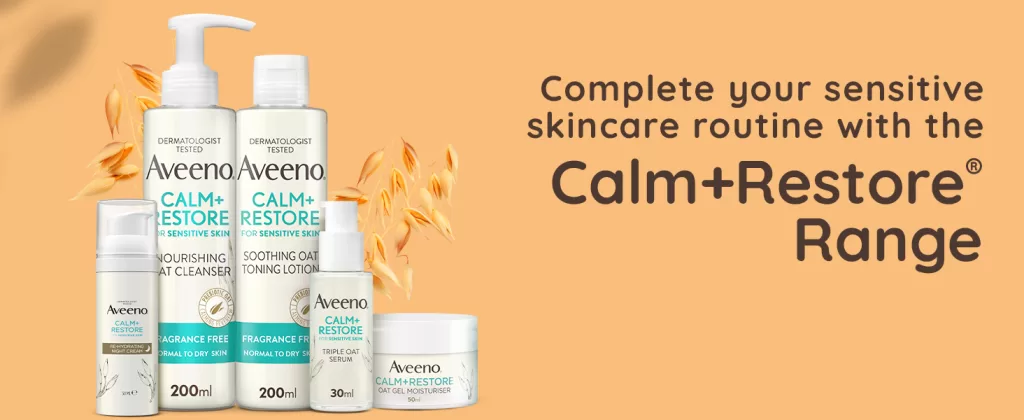
The Internal Tempest: Stress
Yet, it is not only the external world that poses a threat to the skin barrier. The internal landscape, the realm of the mind and spirit, can also exert a profound influence. The overproduction of stress hormones, those chemical messengers of anxiety and turmoil, can deplete the skin’s natural lipids, disrupt its structural proteins, and increase the loss of moisture. As Dr. Farhang hath noted, what transpires within the mind can manifest upon the skin, a visible testament to the invisible struggles of the soul.
In Conclusion
Thus, we see that the skin barrier, though a marvel of nature’s design, is not invincible. It is assailed by the harshness of our cleansing rituals, the potency of our beauty concoctions, the caprices of the environment, and the tumult of our inner lives. To protect and preserve this barrier is to honor the intricate balance of our being, to recognize the profound connection between the self and the world. Let us, therefore, treat our skin with the reverence it deserves, for in doing so, we nurture not only our bodies but also our souls.
How Can You Tell If Your Skin Barrier Is Damaged?
Ah, the complexion’s delicate fortress—when compromised, it protests in myriad ways. Esteemed dermatologists caution that a weakened skin barrier often reveals itself through unmistakable signs.
Redness and Irritation

A rebellious flush, an unwelcome sting—these are among the first distress signals. Dr. Sheila Farhang explains that “skin redness, itching, or burning” are hallmark symptoms. Those who battle rosacea and eczema are particularly vulnerable, as Dr. Whitney Bowe notes, their skin barriers are inherently fragile.
Dryness and Roughness
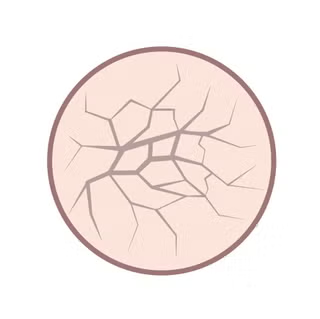
Parched, lackluster skin is another telltale woe. “When the skin barrier is disrupted, it struggles to retain moisture, resulting in dryness and rough patches,” warns Dr. Bowe. No amount of hurriedly applied creams will suffice until the barrier is restored.
Acne Breakouts
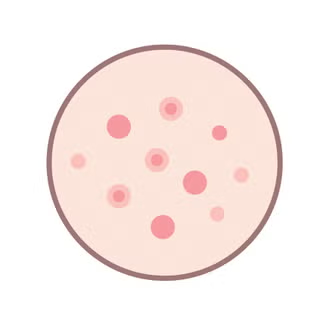
Ironically, a misguided quest for clear skin can wreak havoc. “I’ve seen countless acne patients overuse products, inadvertently stripping their barrier—only to find their breakouts worsening,” reveals Dr. Farhang. The lesson? Balance is beauty’s best ally.
When skin speaks, it is wise to listen. A compromised barrier demands patience, gentleness, and a touch of scientific savvy to reclaim its radiance.
Increased Skin Infections
A weakened barrier is an open invitation to unwelcome guests. “When the skin’s protective shield is compromised, it becomes more susceptible to bacterial, viral, and fungal infections,” cautions Dr. Farhang. Cuts and cracks allow pathogens to slip through, triggering flare-ups that healthy skin would otherwise fend off with ease.
Allergic Reactions and Inflammation
Irritants that once went unnoticed may now provoke an unwelcome response. “A damaged barrier can heighten skin’s reactivity, leading to increased sensitivity, redness, and inflammation,” explains Dr. Bowe. Fragrances, harsh detergents, and even previously well-tolerated products may suddenly cause discomfort—a clear sign that the skin’s defenses are faltering.
In matters of skincare, resilience is everything. A compromised barrier calls not for aggression, but for thoughtful restoration—gentle hydration, barrier-strengthening ingredients, and a return to simplicity.
Top Skin Barrier Products
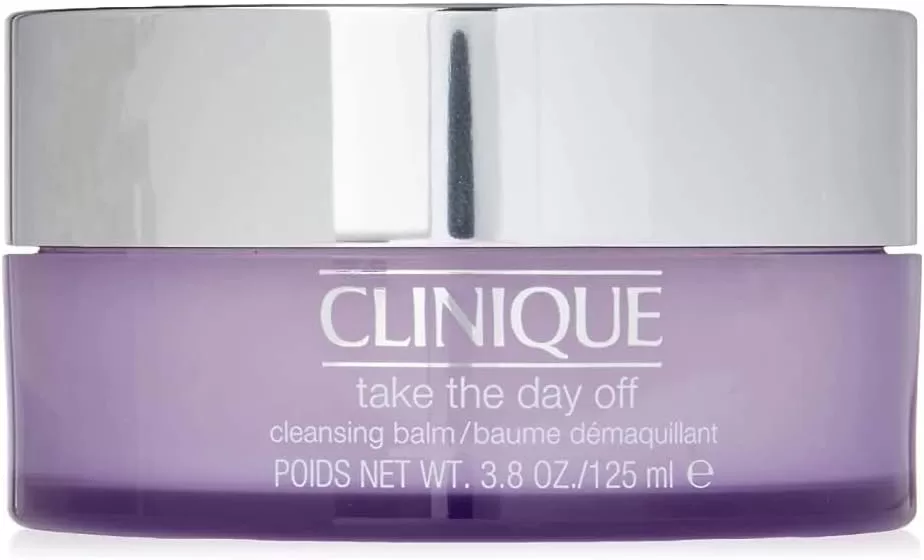
Clinique Take The Day Off Cleansing Balm All Skin Types, 125 ml (Pack of 1)
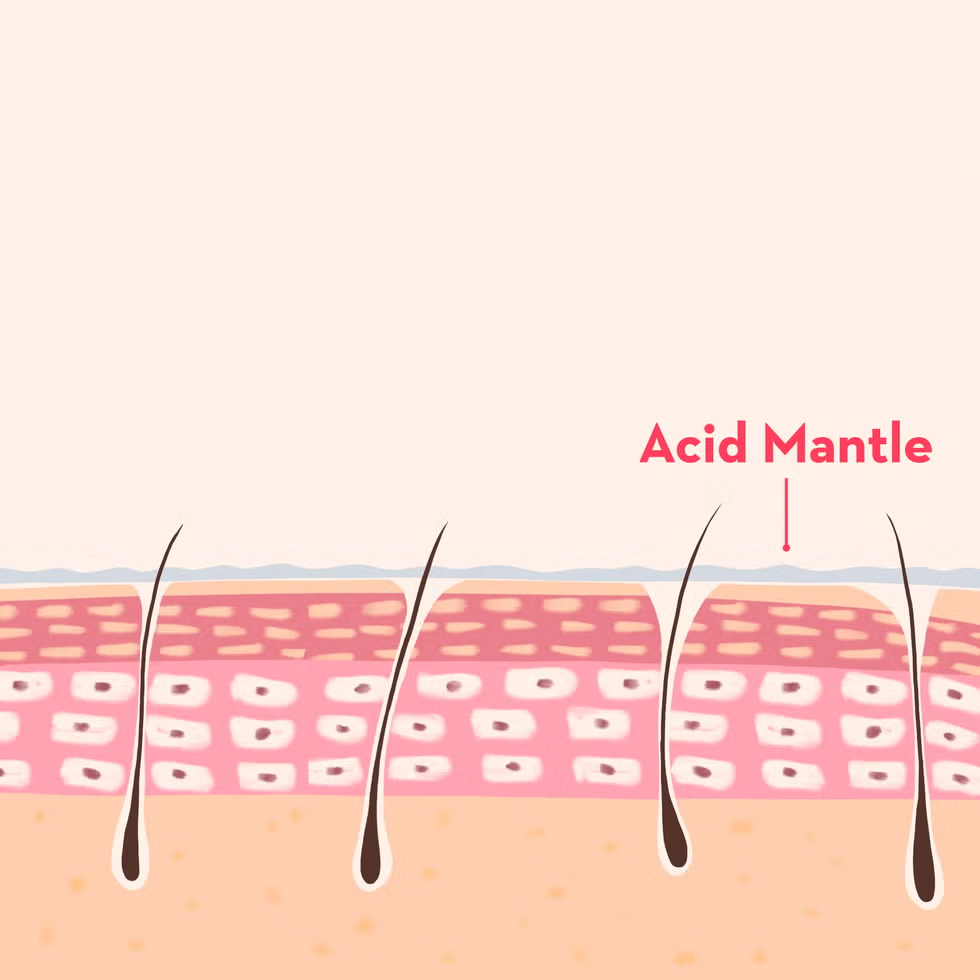
And What of the Skin’s Acid Mantle?
Often mistaken for the skin barrier, the acid mantle is, in truth, its delicate overseer—a whisper-thin veil that dictates skin’s pH balance, shielding against invading pathogens. “It’s a fine film atop the skin barrier, ensuring the pH remains slightly acidic for optimal protection,” explains Dr. Sheila Farhang. Composed of sebum—the skin’s natural oil—and sweat, this invisible armor is as vital as it is vulnerable.
Like the barrier itself, the acid mantle can be easily disrupted by harsh cleansers, over-exfoliation, and environmental stressors. “Moreover, as we age, the skin’s pH gradually rises, becoming more alkaline, which can weaken the acid mantle,” notes Danusia Wnek, GH Beauty Lab Chemist. The very steps that restore the barrier—gentle hydration, balanced skincare, and mindful formulation choices—also serve to preserve this vital line of defense.
How to Repair the Skin Barrier
To repair the skin barrier, one must adopt a regimen that replenishes and protects. Here are some steps to guide you:
- Change Your Skincare Habits: A damaged skin barrier loses moisture rapidly. Replenishing it is crucial. Use a thick moisturizer daily to restore barrier function.
- Look for Key Ingredients:
- Humectants: Like hyaluronic acid and glycerin, which attract water to the skin.
- Ceramides: Restore fat content and prevent water loss.
- Occlusive Moisturizers: Sit on the skin’s surface and act like a barrier, locking in moisture.
- Protect Your Skin Barrier:
- Use a broad-spectrum sunscreen with at least SPF 30.
- Avoid hot showers; opt for short, lukewarm showers and moisturize immediately after.
- Avoid harsh scrubs and use gentle, moisturizing cleansers.
- Incorporate antioxidants like vitamin C into your routine.
- Protect against prolonged cold weather and dry heat.

Ingredients That Support the Skin Barrier
When the skin barrier is compromised, the right ingredients can make all the difference in restoring its health and function. Here are some of the most effective ingredients for repairing and strengthening the skin barrier, along with their benefits:
1. Ceramides
- What They Do: Ceramides are lipid molecules that make up about 50% of the skin barrier’s composition. They play a crucial role in maintaining hydration and preventing water loss by forming a protective, water-repelling layer.
- How They Help: Replenishing ceramides helps restore the lipid matrix, improving the skin’s ability to retain moisture and defend against external aggressors.
- Where to Find Them: Look for moisturizers and serums labeled “ceramide-rich” or containing ingredients like ceramide NP, AP, or EOP.
2. Niacinamide (Vitamin B3)
- What It Does: Niacinamide is a versatile ingredient that reduces inflammation, improves elasticity, and enhances the skin’s natural barrier function.
- How It Helps: It boosts the production of ceramides and fatty acids, strengthening the lipid matrix and reducing redness and irritation.
- Where to Find It: Found in serums, moisturizers, and toners, often at concentrations of 2–10%.
3. Hyaluronic Acid
- What It Does: Hyaluronic acid is a humectant that attracts and retains water in the skin, keeping it plump and hydrated.
- How It Helps: While it doesn’t directly repair the lipid barrier, it provides essential hydration to support the skin’s natural repair processes.
- Where to Find It: Commonly found in serums, moisturizers, and sheet masks.
4. Panthenol (Pro-Vitamin B5)
- What It Does: Panthenol is a soothing ingredient that helps repair the skin barrier and reduce inflammation.
- How It Helps: It attracts moisture to the skin and supports the production of lipids, promoting barrier repair and hydration.
- Where to Find It: Often included in moisturizers, serums, and healing ointments.
5. Fatty Acids
- What They Do: Fatty acids, such as linoleic acid and oleic acid, are essential components of the skin’s lipid matrix.
- How They Help: They replenish the skin’s natural oils, improving elasticity and preventing water loss.
- Where to Find Them: Look for oils like rosehip, sunflower, or safflower oil, as well as moisturizers containing fatty acids.
6. Cholesterol
- What It Does: Cholesterol is a lipid that helps maintain the fluidity and stability of the skin barrier.
- How It Helps: It works synergistically with ceramides and fatty acids to repair and strengthen the lipid matrix.
- Where to Find It: Often included in barrier-repair creams and moisturizers.
7. Peptides
- What They Do: Peptides are short chains of amino acids that signal the skin to produce more collagen and elastin.
- How They Help: While primarily known for their anti-aging benefits, peptides also support barrier repair by promoting healthy skin cell turnover.
- Where to Find Them: Commonly found in anti-aging serums and moisturizers.
8. Antioxidants (Vitamin C, Vitamin E, and Ferulic Acid)
- What They Do: Antioxidants protect the skin from free radical damage caused by UV radiation and pollution.
- How They Help: By neutralizing free radicals, antioxidants prevent oxidative stress, which can weaken the skin barrier over time.
- Where to Find Them: Look for serums and moisturizers containing vitamin C, vitamin E, or ferulic acid.
9. Squalane
- What It Does: Squalane is a lightweight oil that mimics the skin’s natural sebum.
- How It Helps: It replenishes the skin’s lipids, improving hydration and elasticity without clogging pores.
- Where to Find It: Often included in facial oils and moisturizers.
10. Prebiotics and Probiotics
- What They Do: Prebiotics feed beneficial bacteria, while probiotics introduce live bacteria to the skin.
- How They Help: They support a healthy microbiome, which in turn strengthens the skin barrier and reduces inflammation.
- Where to Find Them: Look for skincare products containing lactobacillus ferment, bifida ferment lysate, or inulin.
How to Incorporate These Ingredients into Your Routine
To effectively repair and strengthen your skin barrier, consider the following steps:
- Cleanse Gently: Use a pH-balanced cleanser that doesn’t strip the skin of its natural oils.
- Layer Hydration: Apply a hyaluronic acid serum to damp skin to lock in moisture.
- Repair the Barrier: Follow up with a ceramide-rich moisturizer or barrier repair cream.
- Protect: Finish with a broad-spectrum sunscreen during the day to prevent further damage.
Preventing Skin Barrier Damage
Prevention is always better than cure. Here are daily behaviors to safeguard your skin barrier:
- Moisturize Daily: Keeping the skin hydrated is key to preventing damage.
- Use Sunscreen: Protect against UV rays that can weaken the barrier.
- Avoid Harsh Products: Choose gentle, pH-balanced skincare products.
- Manage Stress: Engage in activities that promote relaxation and well-being.
- Stay Hydrated: Drink plenty of water to maintain skin hydration from within.
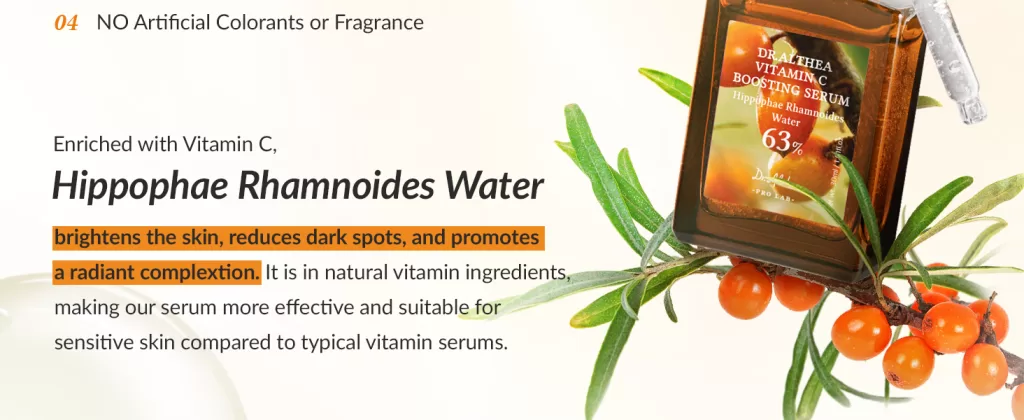
The Role of the Skin Barrier in Skin Conditions
The skin barrier plays a pivotal role in the pathogenesis of various skin conditions. In eczema, for example, a genetic defect in the production of ceramides leads to a compromised skin barrier, allowing allergens and irritants to penetrate and trigger an immune response. In psoriasis, an overactive immune system accelerates the turnover of skin cells, leading to the formation of thick, scaly plaques. With acne, a disrupted skin barrier allows bacteria to proliferate, leading to inflammation and the formation of pimples.
Understanding the role of the skin barrier in these conditions is crucial for their management. By restoring the integrity of the skin barrier, we can alleviate symptoms and prevent recurrences.
The Future of Skin Barrier Research: A Glimpse into Tomorrow
The study of the skin barrier is a burgeoning field, with new discoveries being made at a rapid pace. Researchers are exploring the role of the microbiome in skin health, developing novel formulations that mimic the skin’s natural lipids, and investigating the use of probiotics to support the skin barrier. The future holds great promise, and we stand on the cusp of a new era in dermatology.
Conclusion: Understanding Your Skin Barrier
In the grand tapestry of human health, the skin barrier stands as a testament to nature’s ingenuity—a delicate yet resilient shield that protects us from the world’s many adversities. Through this exploration, we have come to understand that the skin barrier is not merely a passive boundary but a dynamic, living system that requires our care and attention.
From its intricate “brick-and-mortar” structure to its symbiotic relationship with the microbiome, the skin barrier is a marvel of biological design. Yet, it is also vulnerable, susceptible to the ravages of harsh cleansers, environmental aggressors, and the internal tumult of stress and poor lifestyle choices. When compromised, it can lead to dryness, irritation, and a host of skin conditions that affect not only our physical health but also our confidence and well-being.
But there is hope. By understanding the factors that weaken the skin barrier and adopting habits that support its repair and preservation, we can restore its strength and vitality. Whether through the use of ceramide-rich moisturizers, the incorporation of antioxidants, or the simple act of drinking more water, each step we take brings us closer to healthier, more radiant skin.
Let us, therefore, treat our skin with the reverence it deserves. Let us honor this remarkable barrier that stands as the first line of defense for our bodies and the canvas upon which our lives are written. For in caring for our skin, we nurture not only our physical selves but also our inner vitality and spirit.
FAQs: Understanding Your Skin Barrier
Q1: What is the skin barrier?
The skin barrier, or stratum corneum, is the outermost layer of the epidermis. It is composed of corneocytes embedded in a lipid matrix and serves as a protective shield against environmental aggressors.
Q2: Why is understanding your skin barrier important?
Understanding your skin barrier is crucial for maintaining hydration, protecting against pathogens, and regulating the immune response. A healthy skin barrier is essential for overall skin health.
Q3: How can I tell if my skin barrier is damaged?
Signs of a damaged skin barrier include dryness, redness, irritation, sensitivity, and an increased susceptibility to infections.
Q4: How can I repair my skin barrier?
To repair the skin barrier, use gentle cleansers, moisturize regularly, protect from the sun, and avoid over-exfoliation. A diet rich in essential nutrients can also support skin health.
Q5: Can stress affect the skin barrier?
Yes, stress can impair the skin’s ability to repair itself, leading to a compromised skin barrier. Managing stress through relaxation techniques can help maintain skin health.
Q6: What role does the microbiome play in the skin barrier?
The skin’s microbiome helps protect against pathogenic invaders and modulates the immune response. A healthy microbiome is essential for a healthy skin barrier.
Q7: Are there specific ingredients that support the skin barrier?
Yes, ingredients such as ceramides, cholesterol, and fatty acids are essential for maintaining the skin barrier. Look for these in your skincare products.
Q8: Can a damaged skin barrier lead to premature aging?
Yes, a compromised skin barrier is less able to protect against environmental aggressors, leading to the formation of fine lines, wrinkles, and age spots.
Q9: How does the skin barrier affect skin conditions like eczema and psoriasis?
In conditions like eczema and psoriasis, a compromised skin barrier allows allergens and irritants to penetrate, triggering an immune response. Restoring the skin barrier can alleviate symptoms.
Q10: What is the future of skin barrier research?
Researchers are exploring the role of the microbiome, developing novel lipid formulations, and investigating the use of probiotics to support the skin barrier. The future holds great promise for advancements in dermatology.

Explore more articles like this @ Where And How Resources
If you found this article helpful, don’t forget to share it with your friends and followers!
